No Bears Review: Jafar Panahi offers his sharpest, most searching critique
Panahi takes his characteristic blend of reality and artifice to dizzyingly brilliant heights
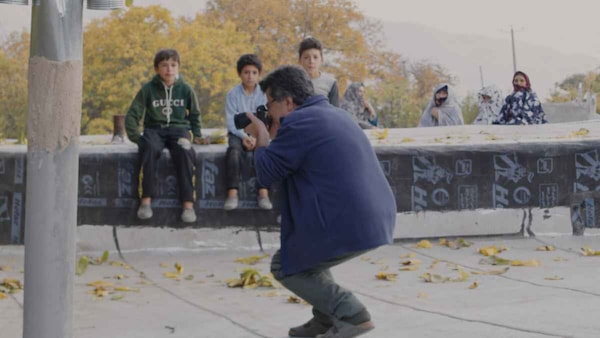
Last Updated: 07.54 PM, Jul 13, 2024
Story: In the film, Jafar Panahi plays himself, a filmmaker trying to direct a production in Turkey, who is forced to remain in an Iranian village near the border. As his actors perform a narrative of desired escape to Europe, the director finds himself caught in the middle of a local scandal in the village.
Review: Jafar Panahi is an artist who has mastered the art of self-reflexive storytelling in his career, spanning nearly three decades. Pushed into rigid confines by his government, he has been teaching and inspiring a generation of artists everywhere how not to be bound by the dictates of repression in the practice of one’s craft. In his cinema, never caught up in morose, self-pitying rants, he has been the most enduring proponent of political, artistic courage, constantly reminding us that our circumstances might not always be ideal but we can never be short of avenues to turn these circumstances into means to convey our message. Artistic expression becomes a conduit of loosening the interface between fiction and reality in Panahi’s work, both evolving as permeable and fluid. There is almost a gamely invitation to the viewer to gauge, probe, and intuit which aspects have been entirely contrived. But it barely takes a canny viewer to judge that even the bluntest contrivances have their seeds in truth.
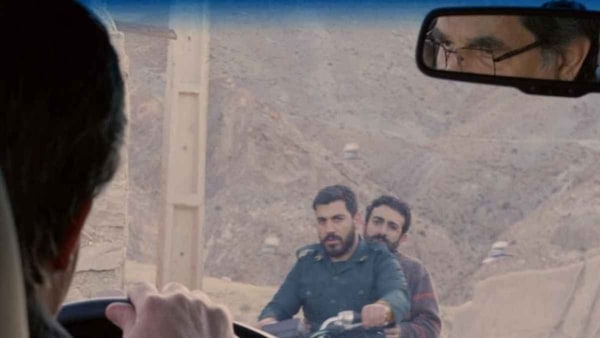
In one of No Bears’ most cutting scenes, the filmmaker is remonstrated for covering up and masking the bitterness of reality by wrapping it up in a neat, cosy, happy ending for his real-life subjects. In this film, the disguising of reality and its manipulation comes under attack several times. Panahi seems to be engaged existentially in testing his limits as a storyteller, what artistic licence he is entitled to in the pursuit of fidgeting with the enforced repression. Do I have any right to devise an alternative for the lives I am claiming to be documenting? Does this result in a betrayal of my subjects, taking the warp of truth from their lives but disfiguring it to fanciful extremes? These questions emerge stringently over the course of the film.
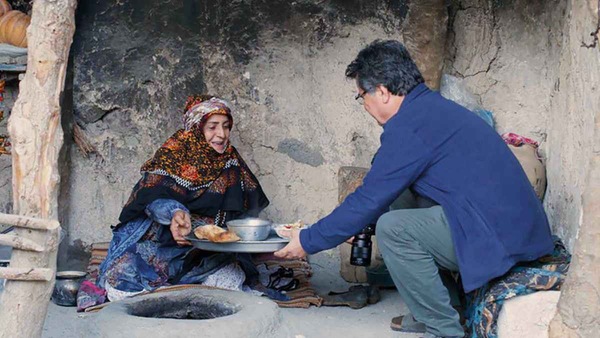
The film cuts between two tracks – one is the film being shot in Turkey in which Panahi is the director. It is a narrative about a couple, Zara (Mina Kavani) and Bakthiar (Bakthiyar Panjeei) seeking to relocate to Europe but caught in a predicament. The husband has procured a passport for his wife but not one for himself. He insists she leave for Europe anyway, assuring her he will follow as soon as he is able to get his. Naturally, Zara refuses to go without him. The second track intimately follows the filmmaker himself, as it is a characteristic vein of his work, working from the village of Jaban, near the Turkey-Iran border, striving to be as close to his crew as possible since the Iranian government has banned him from crossing the border.
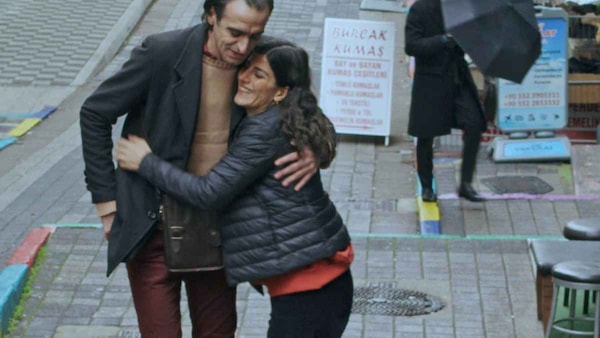
So much of Panahi’s cinema is driven by hope, scooping out moments of shimmering life amidst the utter despair of working under tight constraints. Who can forget Offside’s ending, easily one of the greatest and joyous in cinema history, where the Tehran police officers along with the female football fans they have apprehended join in celebrations in the streets as Iran qualified for the 2006 World Cup? No Bears, contrastingly, has a tone that darkens and sombres halfway in. While the track that follows Panahi in the village begins in genial, amiable little episodes of banter with Ghanbar (Vahid Mobasseri), his landlord, and the old woman who cooks for him, it slowly accrues building a portrait of a community that operates within its strict understanding of tradition and superstition, instantly curtailing any stray elements. The village elders, led by the sheriff, are quick to reproach the filmmaker and begin to almost hound him when they suspect he might be in possession of a photograph that has captured the new bride of the village, Gozal (Darya Alei) with her old flame, Soldooz (Amir Davari). This causes quite a furore in the village, setting off rounds of interrogations charged at Panahi. He tries to dismiss the speculations initially but realises the web of surveillance even here is tighter than what he imagined. He also makes a night time excursion to the border, the eventuality of which gains horrific dividends towards the end.
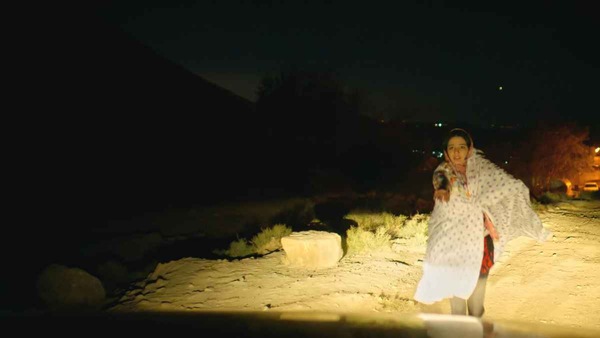
The gruelling conjectures which grow in their intensity and hostility toward Panahi allow the filmmaker to examine the very power of the image itself, furthermore images that are apprehended. The artist is labelled as a suspicious figure, placed under the scanner of public doubt. When Panahi is reluctant to participate in a ceremony testifying he doesn’t have the photograph, Ghanbar reassures him that it is just another local tradition with no real value vested in it. At one point, someone says, “our fears empower others”. This fear and use of intimidation, being bullied into coercion in the name of tradition/superstition forms the crux of Panahi’s scrutiny. The director continually desists from codified gestures in examining any of these, making ample room for ambiguities. When Panahi is surveying the surroundings near the border territory on his surreptitious visit, he asks his assistant director, Reza, who is accompanying him, as to where the border line is. When Reza tells him he is standing exactly on it, Panahi immediately retreats, cautiously flinching back. As the film winds up in alarming circumstances, Panahi chooses to stay, instead of fleeing as exhorted. The reasons underpinning all his decisions to all these are sprinkled throughout the wealth of Panahi’s career that have defined and redefined the meaning and price of freedom and agency.
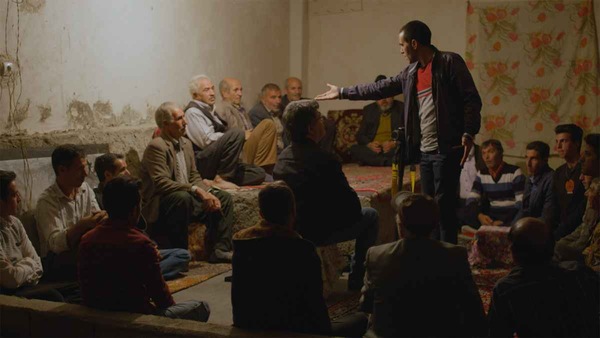
Verdict: No Bears is packed with subtle and extraordinary self-awareness, with Jafar Panahi showing rarely any smugness of being in a politically, ethically impeccable position. His filmmaking gaze has always been inward and this film is an astonishing and chilling foray into terrains that question his own culpability and artistic integrity.
WHERE
TO WATCH
Subscribe to our newsletter for top content, delivered fast.

